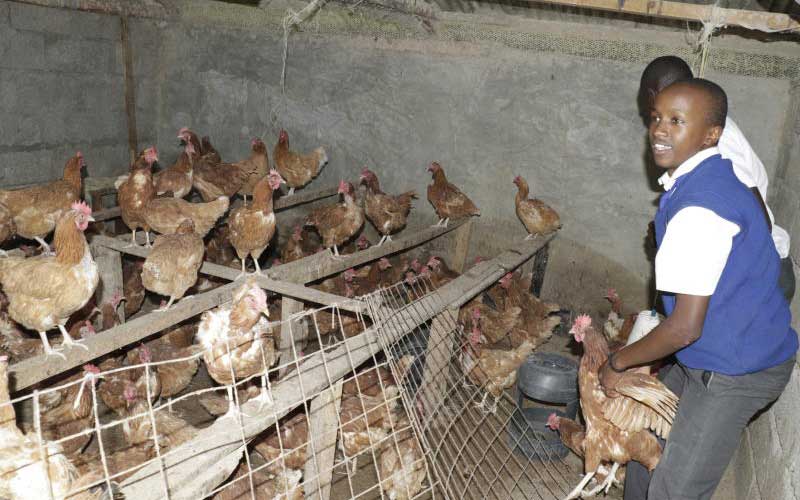×
The Standard e-Paper
Join Thousands Daily

After completing their high school education, learners at Rongai Boys High School in Nakuru are equipped to face life in its totality, since they have gone through a system that demands more than theoretical learning.
A ringing bell, a scramble through classroom doors and in to farmyards within the school compound aptly sums up the daily scenario whenever the evening bell rings to usher games time.